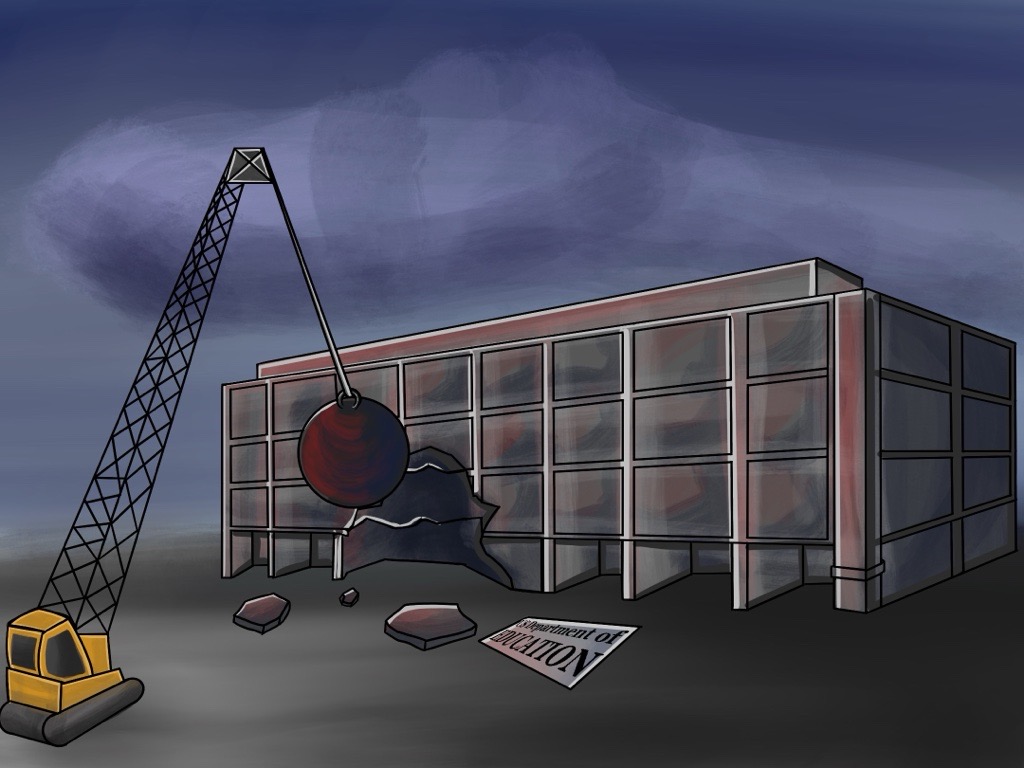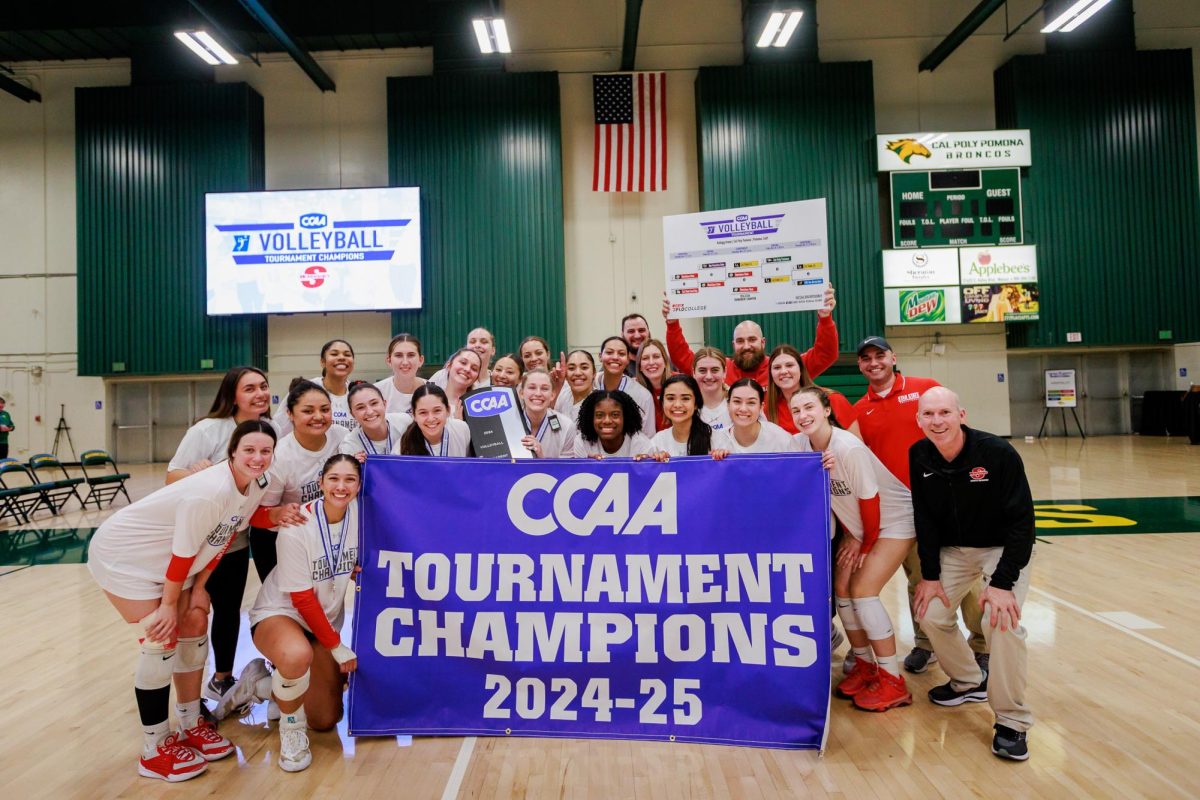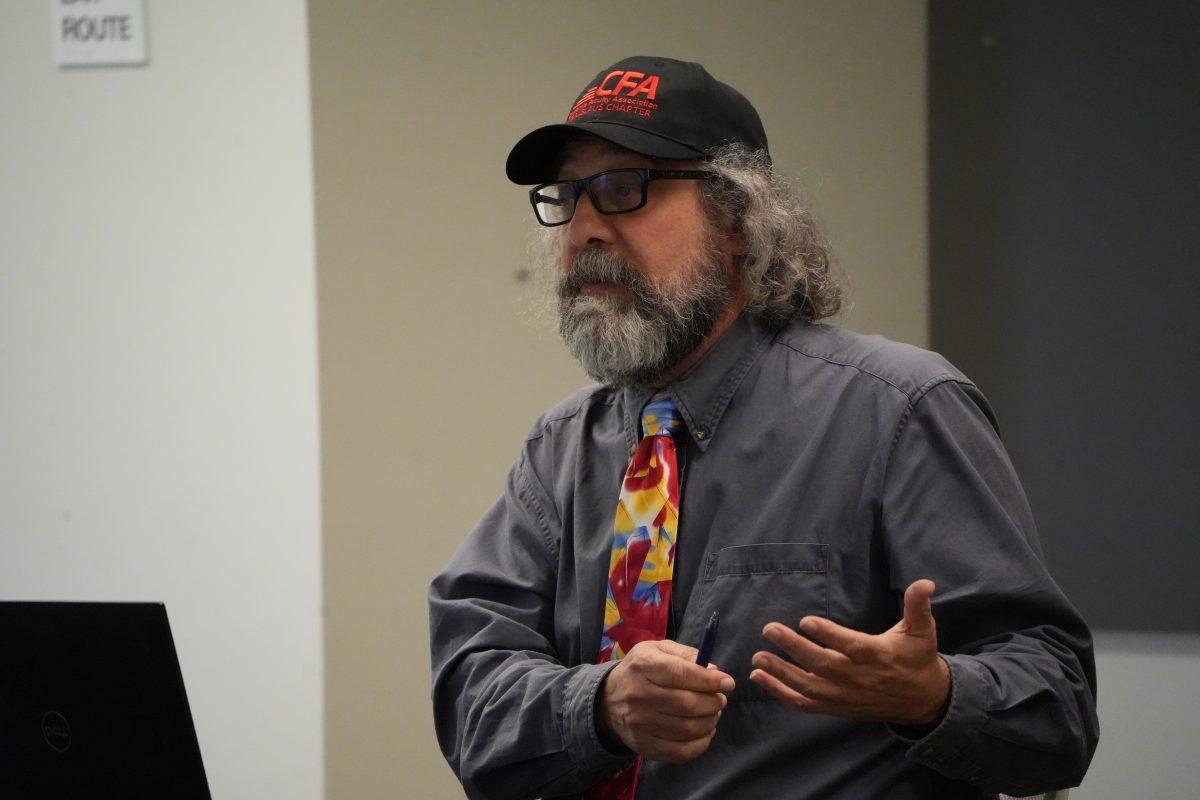California State University, Stanislaus and the entire CSU system will soon see the effects of Proposition 30, which passed Nov. 6, in the form of a refund for many students who paid tuition this semester.
At the beginning of the semester, students were charged a higher tuition, increased due to budget cuts. Now, tuition will roll back to $5,472, the same as last year. With tuition rolled back to the lower price, students can look forward to receiving a refund for what they have already paid. All reductions, refunds and changes will be posted to students’ accounts no later than Dec. 21, 2012.
“All campuses will start the process of rescinding the $249 per semester tuition fee increase already in place,” Stephanie Thara, Web Communications Specialist for the CSU System, said. “It will come in the form of a direct refund, a credit to another semester or an adjustment in financial aid.”
Because this refund also entails a change in financial aid packages, students receiving financial aid may not receive the refund.
“Depending on the details of an individual’s financial aid package, the fee reduction may be matched by an equal reduction in a financial aid grant, in which case no refund will be due to the student,” an email sent to students states.
This refund will be good news for students now, but students struggling to complete requirements for graduation may be facing another hurdle to overcome.
Wednesday Nov. 13, the CSU Board of Trustees will discuss implementing a new set of fee increases, designed to open up more seats for incoming students and transfers by charging students who are taking more than four years to graduate.
CSU Chancellor Charles B. Reed proposed the fee hike as he believes, “…students are gaming and abusing the system,” according to a Students For Quality Education press release.
There are three suggested modifications: a graduation incentive fee, a third tier tuition fee and a course repeat fee.
The graduation incentive would have two stages. Beginning in the fall of 2013, seniors with over 160 units (credit from Advanced Placement and military service not included) will face charges of $372 per semester unit beyond the 150 unit threshold.
Then starting in the Fall of 2014, seniors who are going over 150 units will be charged the aforementioned fees. These fees are meant to incentivize “super seniors” to graduate, opening up more seats for new students.
The third tier tuition fee will charge students who take more than 16 units per semester an additional $200 per unit, for every unit after 16.
The course repeat fee will charge $100 for every unit being retaken, and students cannot enroll in more than 15 units. This is meant to make students think twice about classes and gives them an incentive to pass the first time.
Across the state, students and faculty are outraged at the proposed fees.
“I don’t think this is right,” Kayla Reeder (credential program) said. “They don’t always offer the right resources to get students to pass with the right number of units. They make it difficult for students to pass in a timely fashion and then punish them for taking so long.”
Both the California Faculty Association (CFA) and the Students For Quality Education (SQE), a group comprised of students in the CSU system and assisted by the CFA, are making efforts to stop the board from passing the resolution.
The CFA wrote a letter to the board late October voicing their strong opposition to the fees increases.
“We cannot stress enough the negative impact these additional costs will have on students who are already struggling to keep up with fees that have continued to rise,” the letter said. “To the point where they are now 318% higher than they were in 2002 (when major state funding cuts began).”
The SQE explains that Chancellor Reed feels the fee increases will help students graduate on time. To understand the reasons why students are not graduating on time and to address each proposal in the board’s resolution, the SQE created and disseminated surveys to CSU students.
The survey’s preliminary results, analyzing about 2,400 survey responses, showed approximately two-thirds of students saying the fee increases would cause a further delay in graduation.
Half of survey respondents said their graduation date is delayed because they cannot enroll in required classes, the same reason respondents said they take more than 150 units.
Meanwhile, more than half of students said they take more than 16 units per semester to either graduate on time or to enroll in needed classes while those classes were available. According to the survey, repeating courses was not applicable to the majority of respondents; however, students said the top reason they retake courses was because they failed the first time.
Students at CSU Stanislaus agree with these preliminary survey results, and its overall finding that fee increases are not the solution to graduation delays.
“It [fee increases] won’t help at all,” Benita Oshana (sophomore, Psychology) said. “Every semester, you hear from different students that they weren’t able to register for certain classes they needed either because it was no longer offered or it was too full. We are under enough pressure, this will make everything worse.”
The SQE also organized a protest on Nov. 13 and 14, inviting students, faculty, staff and all supporters to voice their opposition and created a petition, signed by thousands. The CSU Board of Trustees will take action on the fee hikes, convening Tuesday, Nov. 13 and Wednesday, Nov. 14 in Long Beach.






